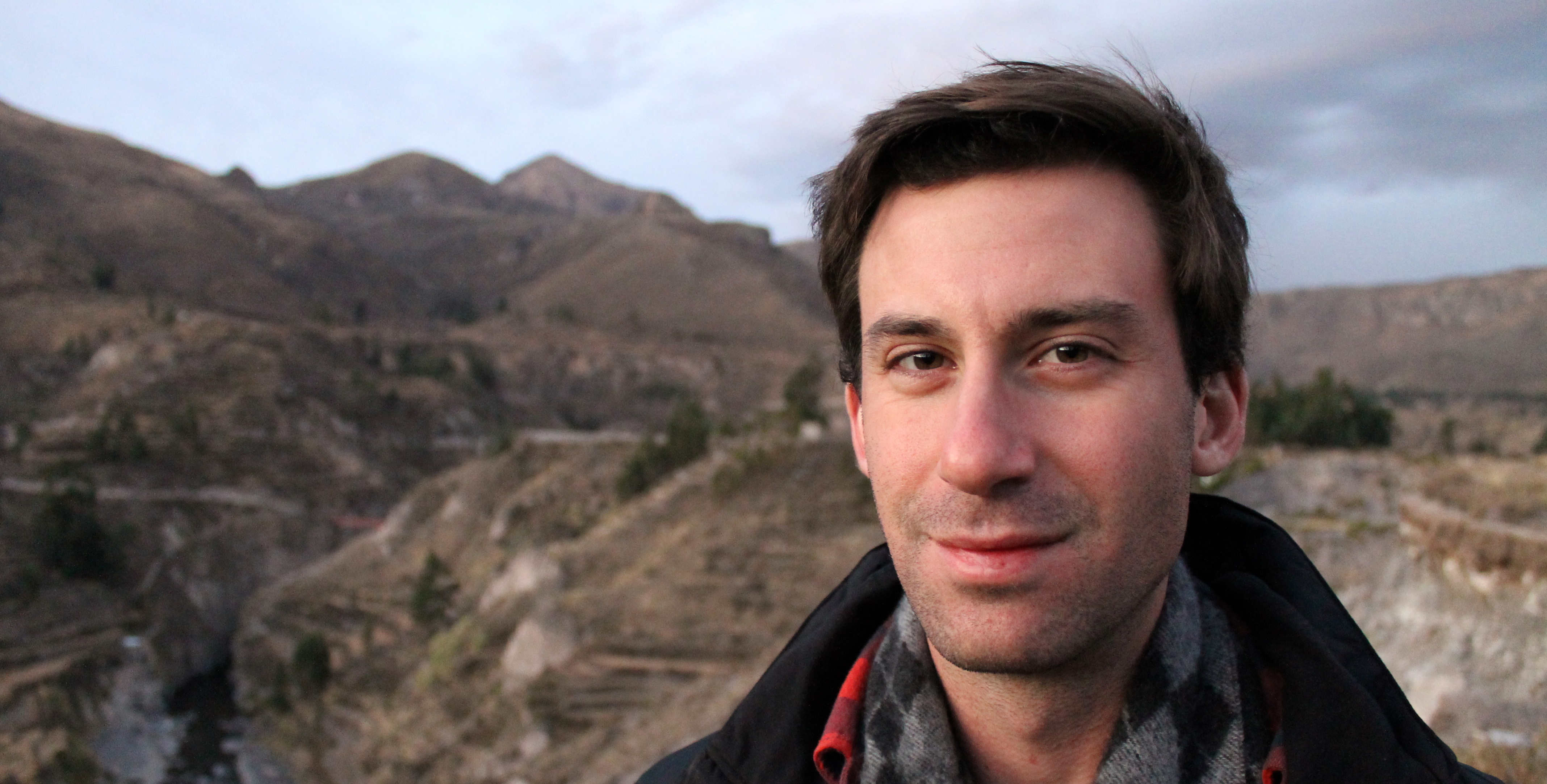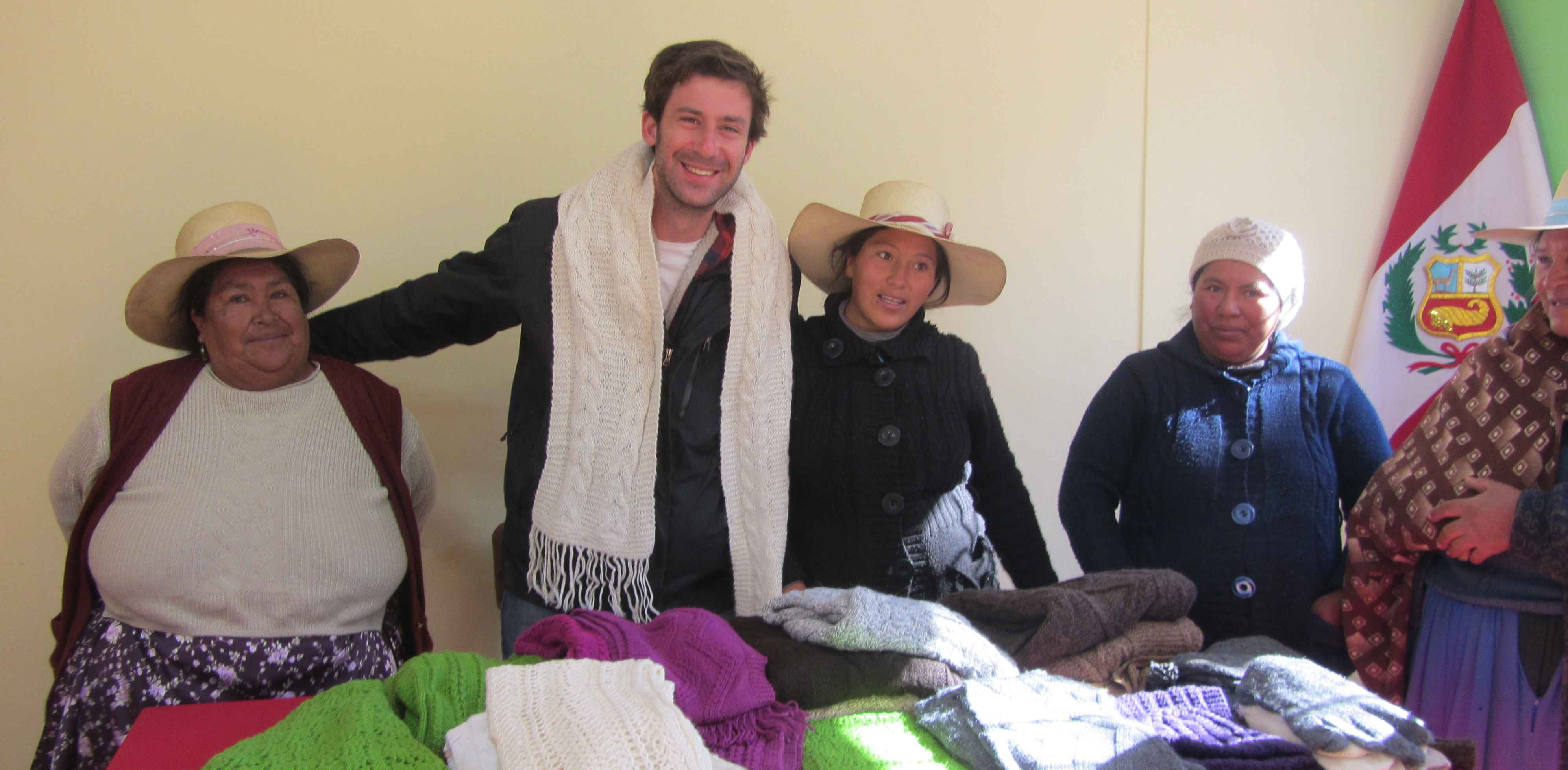Each year, the Inter-American Foundation (IAF) offers the Grassroots Development Fellowship to PhD students conducting field research in independent countries in Latin America or the Caribbean on topics related to grassroots development. IAF was created in 1969 by the United States Congress to fund the self-help initiatives of the organized poor in Latin America and the Caribbean and the groups that directly support them. The fellowship awards for 4-12 months of research abroad include a research allowance of up to $3,000, a $1,500 monthly stipend, international round trip transportation to the research site, health insurance, and participation in a mid-year conference. To be eligible, PhD candidates must be currently enrolled at a U.S. university.
IAF’s Fellowships are intended to increase awareness of grassroots development efforts while building a community of professionals and scholars knowledgeable in the subject. Fellows examine the efforts of the rural and urban poor to improve their lives, their methods of organization and production, and the policies and programs designed to alleviate their poverty. To learn more about this unique opportunity, we interviewed IAF Fellow Eric Hirsch, a PhD candidate in Anthropology at the University of Chicago. His dissertation, entitled “Investing in Indigeneity: Development, Financial Citizenship, and Selfhood in Andean Peru,” looks at the use of indigenous identity as an economic development innovation in and around Peru’s Colca Valley. Eric discusses his experience with the fellowship and his fellowship application tips.
1. What inspired you to apply for the Inter-American Foundation (IAF) Grassroots Development Fellowship?
I first learned about the IAF fellowship during my first year of graduate school studying development in Latin America at the University of Chicago. In a course on the Aymara and the Quechua, the foundation’s representative Dr. Kevin Healy, who had spent decades researching entrepreneurship in the Andes, came to speak to us about his book, which we had read for the seminar, and about the IAF’s work. I later realized that this was perhaps the only opportunity for field research support that emphasized both grassroots development and the Latin American region. The fellowship’s support was not only generous, but also emphasized exchange with other researchers, including fellow PhD students and senior scholars at work on related projects throughout the hemisphere.
2. What are some of the benefits of the fellowship?
The fellowship offered a monthly stipend for living, travel, and research expenses that made field work possible. But unlike most research funding opportunities, the IAF Fellowship program held a mid-year conference, where the entire research cohort of about 14-18 students gathered to share their findings and workshop their analyses. My fellowship year, the conference was held in Mexico City. Our ability to share research notes, make collaboration plans, and take part in the overall spirit of generosity was so important for strengthening and focusing my research. Beyond that, I had the chance to build a professional network – we’ve already reconvened for conference panels – and to make great friends.
3. What tips would you give others applying to the fellowship?
I have the sense that the foundation is most interested in research projects that use questions emerging from Latin American communities themselves to understand what it means to develop responsibly in today’s world. The research you propose needs to be theoretically rigorous and policy relevant, but also rooted in local concerns – I say this thinking not only about my project, but also the roomful of research ideas shared during the mid-year conference workshops. The application consisted of a project proposal, a short personal essay, and an application form. I think the most important tip would be for students to conduct some preliminary research before crafting the proposal in order to get a sense of what these local questions are. The fellowship also requires an affiliation with a grassroots organization, so pre-field explorations are crucial to making those connections. A second tip would be to make sure your proposal conveys a sense of the project’s stakes: why does this research matter? Also, how will the communities you are working with take in the lessons of your scholarship? Be sure to express what will your project contribute – to the place where you work, to your scholarly community, and to your future students.
Eric Hirsch is a PhD candidate in anthropology at the University of Chicago. Eric’s dissertation research considers what it means for one community to invest in the well-being of another, and analyzes the spatial and temporal implications of development. He is also engaged in further research projects investigating the local politics of climate change and resource extraction; cash use in rural Peruvian markets; and migration between Andean communities and the United States.

